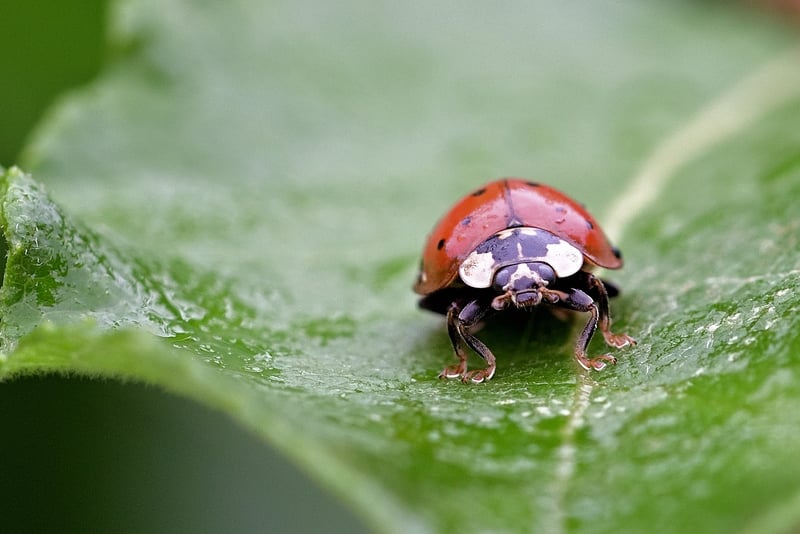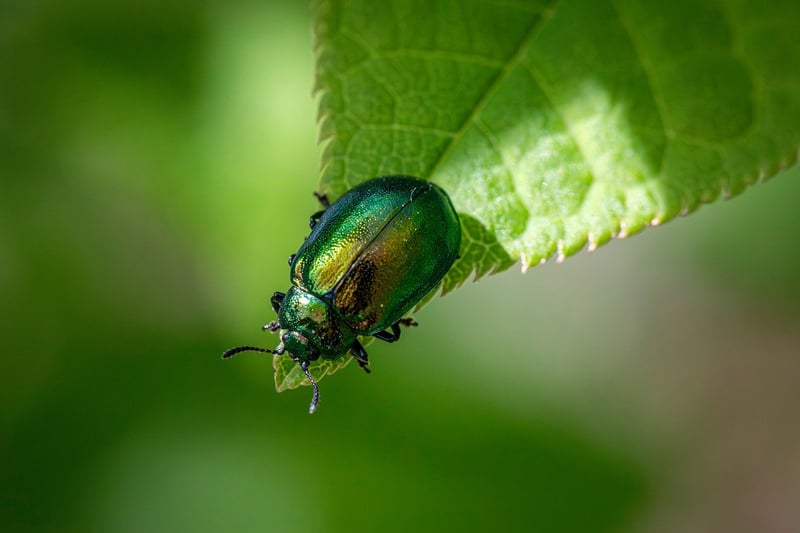Pest prevention
Keeping Your Garden Thriving: Essential Pest Prevention Tips
Having a beautiful garden is a joy, but pesky pests can quickly turn it into a nightmare. By implementing proper pest prevention strategies, you can keep your garden thriving and flourishing. Here are some essential tips to help you protect your plants from unwanted visitors.
1. Choose Resistant Plants
One of the best ways to prevent pest infestations is by selecting plants that are naturally resistant to common garden pests. Research which plants are less susceptible to pests in your area and incorporate them into your garden.
2. Maintain Garden Hygiene
Regularly remove dead plant material, fallen leaves, and weeds from your garden. Pests often hide in debris, so keeping your garden clean can help reduce their hiding spots and breeding grounds.
3. Use Natural Predators
Encourage natural predators like ladybugs, lacewings, and birds to visit your garden. These beneficial insects and animals feed on common garden pests, helping to keep their populations in check.
4. Implement Companion Planting
Companion planting involves growing different plants together to benefit each other. Some plants emit odors or chemicals that repel pests, which can help protect nearby plants from infestations.
5. Utilize Organic Pest Control
Avoid using harsh chemical pesticides that can harm beneficial insects and pollute the environment. Instead, opt for organic pest control methods such as neem oil, insecticidal soap, or diatomaceous earth.
6. Rotate Crops
Rotate your crops each season to prevent the buildup of pests that target specific plants. By changing the location of your crops, you can disrupt pest life cycles and reduce infestations.
7. Monitor Your Garden
Regularly inspect your plants for signs of pest damage, such as holes in leaves, chewed stems, or discolored spots. Early detection can help you take action before the infestation becomes severe.
8. Provide Proper Watering and Nutrition
Healthy plants are better equipped to resist pest attacks. Ensure your plants receive adequate water, sunlight, and nutrients to strengthen their immune systems and overall health.
By following these pest prevention tips, you can create a thriving garden that is less susceptible to pest infestations. Remember that a balanced ecosystem with a diverse range of plants and natural pest control methods is the key to a sustainable and pest-free garden.

Image source: Pixabay
